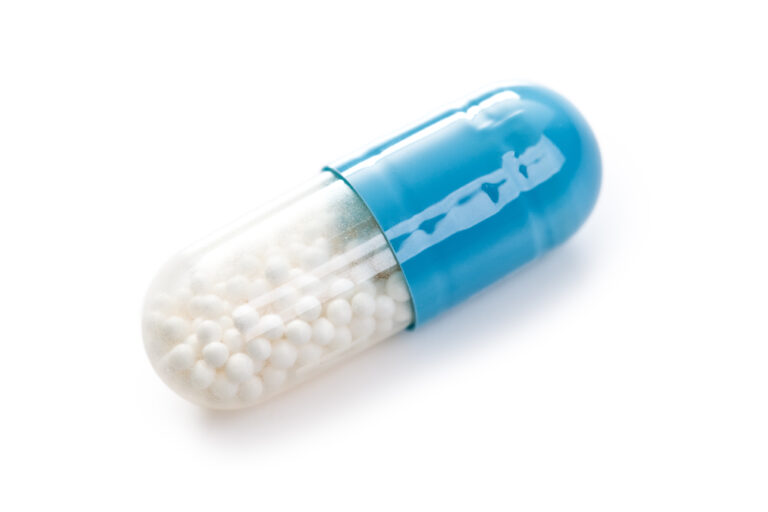Aftercare planning is an essential step in addiction treatment. An aftercare plan after addiction treatment helps individuals in recovery to identify and achieve their goals for staying sober. It also provides a support system and resources for maintaining sobriety.
What Is An Aftercare Plan After Addiction Recovery?
An aftercare plan is a personalized plan that identifies the specific needs of the individual in recovery. It includes both short-term and long-term goals and the resources and support needed to achieve them. The aftercare plan is developed during treatment in collaboration with the individual’s therapist and case manager.
Individuals in recovery often face many challenges. Without an aftercare plan, they may be unable to overcome these trying times and relapse. An aftercare plan provides the resources and support needed to stay sober. In addition, it helps to set realistic goals and expectations for sobriety. Before we dive into the benefits of this program, let’s look at some statistics:
What Do The Addiction Statistics Look Like?
According to reports, around 21 million Americans have at least one addiction, and only 10% of them receive complete treatment. In addition, deaths due to drug overdose have tripled since 1990. Moreover, around 20% of Americans with a substance use disorder also have an anxiety or depression issue. More than 90% of individuals struggling with addiction started drinking alcohol before they were 18. These statistics are worrisome, and we need more awareness of addiction treatment and aftercare programs.
What Are The Benefits Of An Aftercare Plan After Addiction Treatment?
It Offers A Support System:
One of the significant benefits of aftercare is that it provides a support system. This support system can come in many forms, such as 12-step meetings, therapy, or sponsors. These resources can help individuals stay sober and avoid relapses.
In addition, an aftercare plan helps to identify and address any challenges that may arise during recovery. It can include challenges such as stress, temptation, or cravings. It also contains solutions for how to deal with these challenges.
It Sets Realistic Goals And Expectations:
Aftercare planning also helps to set realistic goals and expectations for sobriety. It can help to reduce the risk of relapse. Unrealistic goals can often lead to disappointment and frustration, increasing the risk of relapse. An aftercare plan helps identify the specific goals that are achievable for the individual. It also provides a timeline for achieving these goals. Finally, it can help to give a sense of structure and purpose in recovery.
It Provides Resources And Support:
An aftercare plan provides access to resources and supports essential for maintaining sobriety. These resources can include counseling, therapy, or 12-step meetings. They can also have transportation, childcare, or housing assistance.These resources can help individuals in recovery, overcome amany of the challenges they may face. Futthermore, they can help to build a support network that is essential for long-term sobriety.
Individuals Feel More Productive:
When individuals have a clear goal and a solid support system, they are often more productive. It is because they have the tools they need to achieve their goals. In addition, they know that they are not alone in this journey.
An aftercare plan can help to increase the productivity of individuals in recovery. As a result, they will feel more motivated to stay sober and reach their goals. Besides, aftercare is an essential part of addiction treatment, and it lays the foundation for long-term recovery.
Contact Us Today!
Learn more about the aftercare plan after addiction treatment from our experts at Glendora Recovery Center. Have words with our healthcare professionals at (626) 594-0881 to know more and book an appointment today.




